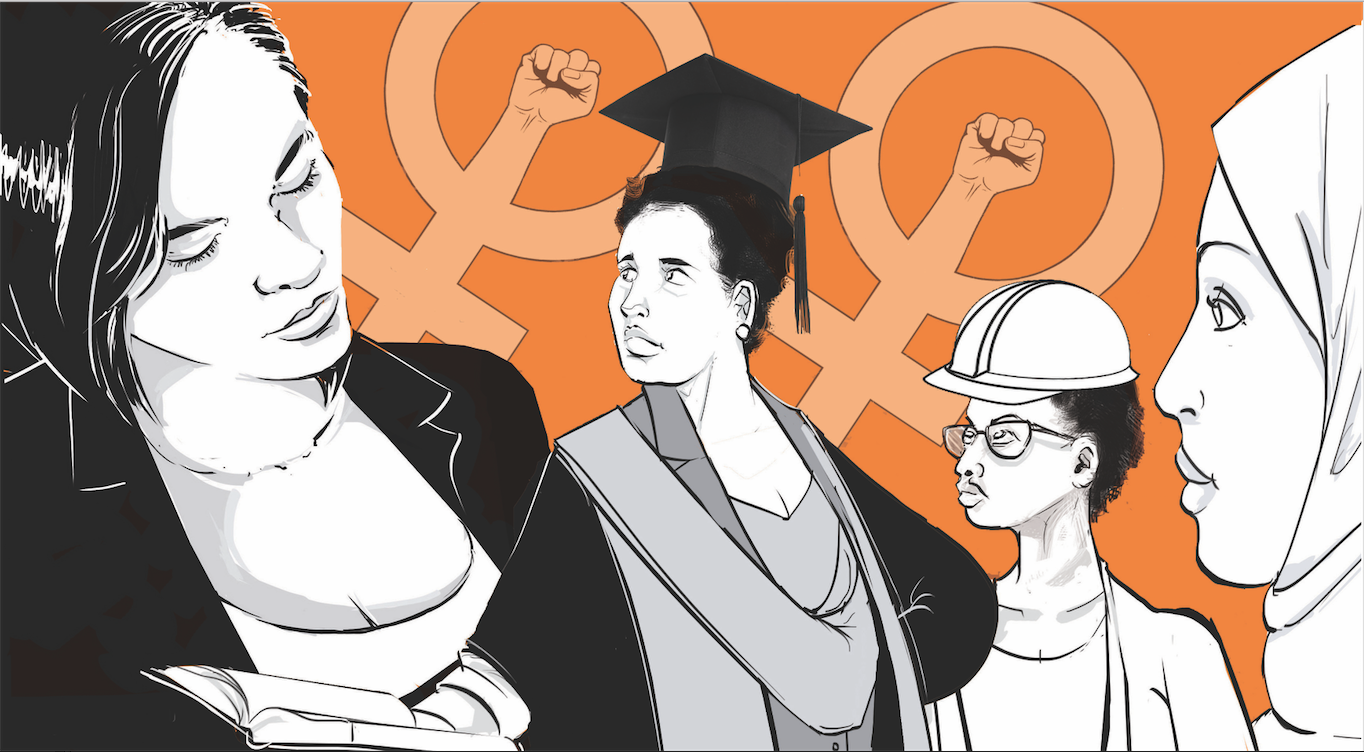
As we approach the International Day
of the Girl Child on October 11, the global theme resonates with a powerful
truth we see every day: “The Girl I Am, The Change I Lead: Girls on the
Frontlines of Crisis.” In Kenya, this is not a future hope; it is a
reality we live with today.
Too often, we speak of “empowering girls” as if they are passive beneficiaries. But walk into any community from Samburu to Kisii, and you will find a different story. You will meet girls who are not waiting for permission to lead.
They are the brave young women reporting threats of Female Genital Mutilation to our chiefs. They are the peer educators mobilising their friends to stay in school and say "no" to child marriage. They are the change-makers, and their courage is the most potent weapon we have in the fight against harmful practices.
Crises continue to threaten the progress made for girls. Droughts force them to leave school in search of water, while rising poverty makes them vulnerable to sexual exploitation. Social media harassment undermines their confidence, and FGM, despite being illegal, persists, driven underground, medicalised or performed across borders to evade the law.
Celebrating their resilience is not enough. We must match their courage with concrete action. This year, our commitment must be to become the allies they deserve.
That means fortifying our borders and fortifying our promise. We must deepen cross-border collaborations with neighbouring countries to create a seamless shield against FGM. A threat to a girl in Kuria or Pokot is a threat to a girl in Tanzania or Uganda. We will share intelligence, harmonise laws and ensure there is no safe haven for this crime.
It also means guaranteeing period dignity for every girl. It is an injustice that a natural biological process continues to disrupt education. We must expand successful initiatives to provide affordable sanitary products and dismantle the stigma, ensuring no girl’s academic future is compromised by her period.
We must also build sanctuaries for mental well-being. The trauma of FGM, exploitation, or harassment runs deep. Robust mental health support and psychosocial services must be integrated into our schools and communities, giving girls the safe spaces they need to heal and grow.
And finally, we must hand them the mic permanently. Who understands the problems of a girl better than a girl herself? It is time to move beyond tokenistic inclusion and institutionalise their voices by creating mandatory youth advisory councils at every level of policymaking, from the county to the national government.
The evidence is clear: when you invest in a girl, you invest in a nation. An educated girl marries later, raises a healthier family and contributes more to the economy. She lifts her entire community with her.
This International Day of the Girl Child, let us pledge not just to admire the change girls lead, but to actively clear the path for it. Let us provide the resources, the safety and the platform they need to not just survive, but to truly thrive. Their leadership is already here. The question is, are we ready to follow?
Chief executive officer, Anti-FGM Board











